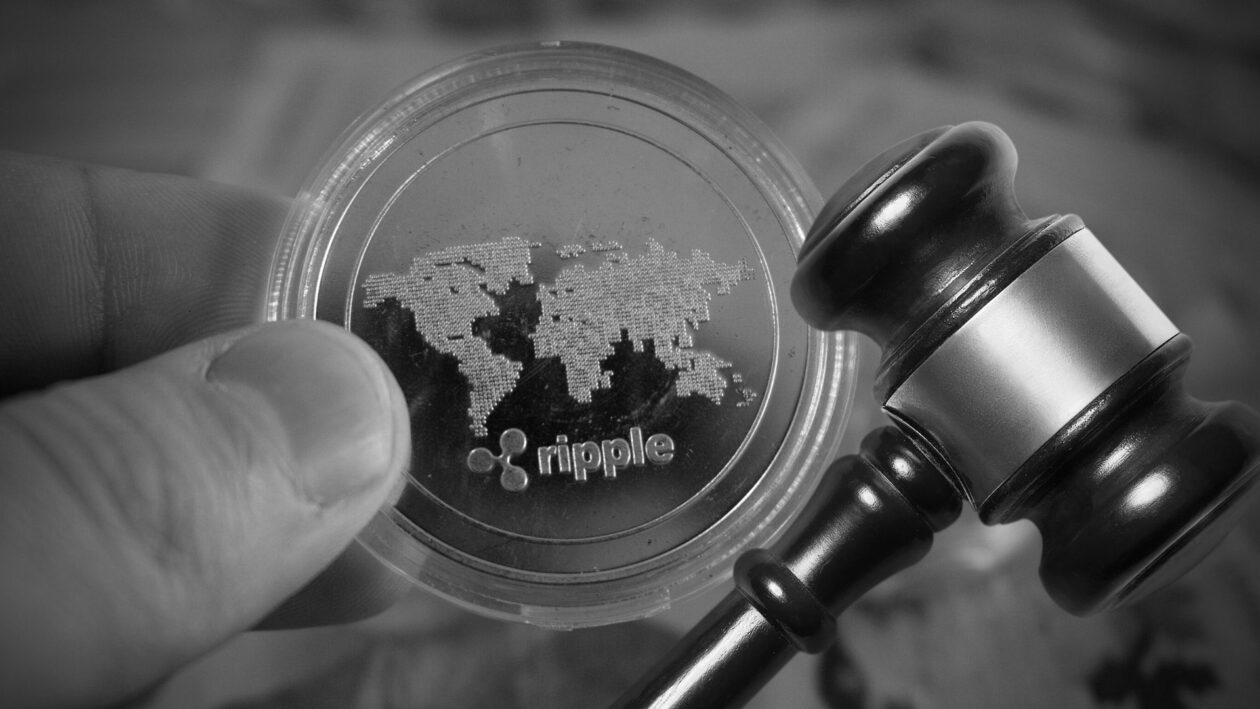The U.S. Securities and Exchange Commission and Ripple Labs Inc. Saturday sought a summary judgment in the lawsuit that began in December of 2020 in an effort to conclude the lawsuit without going to a trial.
The U.S. markets regulator and Ripple each filed a motion asking Judge Analisa Torres of the U.S. District Court for the Southern District of New York to make a summary judgment, a type of judgment delivered on the basis of statements and evidence without a full trial.
“Such a summary judgment, if delivered, may lead to an important doctrine that helps lawmakers define decentralized transactions,” Nadia Ho, a New York-based legal consultant for Web 3.0 and tech law, told Forkast.
In December 2020, the SEC filed a lawsuit against Ripple alleging that its sale of XRP — the native token of XRP Ledger which powers Ripple’s payment network — constituted an offering of unregistered securities worth over US$1.38 billion. The SEC also named Ripple’s executive chairman Chris Larsen and chief executive officer (CEO) Brad Garlinghouse as co-defendants for allegedly aiding and abetting Ripple’s moves.
The securities watchdog argued in the Saturday filing that Ripple does not dispute that they offered and sold XRP in exchange for “money”, which the SEC said meets the “investment of money” aspect of the Howey test — which refers to a U.S. Supreme Court case for determining if an asset can be called a security.
Under the Howey test, an investment contract “exists when there is the investment of money in a common enterprise with a reasonable expectation of profits to be derived from the efforts of others,” according to the SEC website.
However, Ripple argued in its Saturday filing that “Ripple had and has no contract at all with many XRP recipients and was not even involved with most XRP trading in the secondary market.”
Ripple went on to say that even if some investors bought XRP for speculative purposes, “that does not make it an investment contract,” and that many assets are bought with the hope of selling at a higher price without becoming securities.
See related article: Cryptocurrency lobby group seeks to weigh in on SEC vs Ripple’s XRP lawsuit
Also, the SEC said that Ripple led investors to expect a profit from buying XRP. “Garlinghouse touted XRP’s 20,000% increase in value and noted that Ripple was ‘just getting started’ in ‘investing in’ efforts for XRP,” the SEC wrote.
On this front, Ripple argued that there is no evidence from which a reasonable finder of fact could conclude that purchasers of XRP expected profits from Ripple’s efforts, “as opposed to market forces affecting cryptocurrencies generally.”
Garlinghouse, CEO of Ripple, tweeted on Sunday that the filings made it clear that “the SEC isn’t interested in applying the law” and that the regulator wants to “remake it all in an impermissible effort to expand their jurisdiction far beyond the authority granted to them by Congress.”
XRP, the seventh-largest coin by market capitalization, was trading down 10.8% over the past 24 hours at US$0.3461 at 5 p.m. Hong Kong time, according to data from CoinMarketCap.





